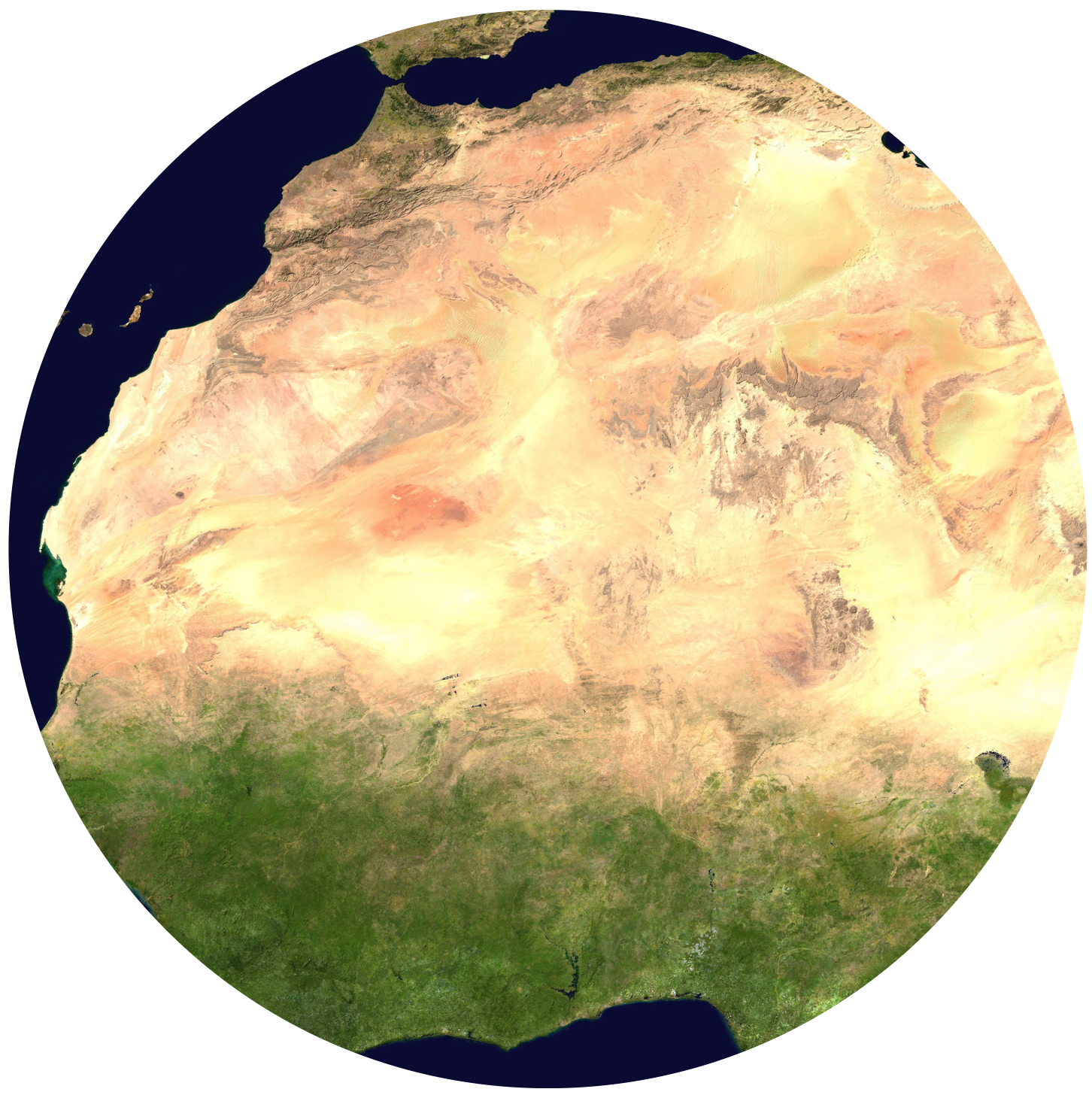Algeria has a new December date for its presidential elections, which was rejected by some protestors. Further violence has been reported in both Egypt and Libya, while Mauritania and Morocco attended the ECOWAS summit to discuss combatting violent extremism in the region.
Algeria
New presidential elections, postponed since the resignation of former President-Bouteflika, have been scheduled for 12 December 2019 (Le Soir)[1]. However, some of the instigators of the ongoing protests have rejected suggestions that elections should be fast-tracked, believing that a rapid election would only be a means for the “system” to remain in power (Sud Oest)[2].
However, the regime has stepped up measures in response to the protests. General Gaid Salah has ordered the national gendarmie to close Algiers to protestors (Huffpost Maghreb)[3]. A court in Algiers has also made an order to provisionally detain Fodil Boumala, a prominent opposition figure and a leader of the Hirak protests, due to “violating national unity” (La Libre)[4]. This comes as there are reports that arrests are increasing against protestors, and that local press continues to face intermittent censorship (RFI)[5].
Egypt
Further violence has been reported as Egyptian police killed nine suspected members of a militant group, with links to the now-outlawed Muslim Brotherhood, in two shootouts in Cairo (VOA News)[6]. There have been further reports by Egyptian security officials that at least three security personnel and three militants were killed in a militant attack on a checkpoint in northern Sinai province (Haaretz)[7].
Egypt’s President, Abdel Fattah al-Sisi, met with Sudan’s newly appointed Prime Minister, Abdalla Hamdok, to discuss bilateral relations before heading to New York to attend the United Nations General Assembly (Arab News)[8]. This comes as the President addressed allegations of corruption within the army and government as “lies and slander”, in his first public response to online accusations by activist Mohamed Ali (Reuters)[9]. In other news, talks between Egypt and Ethiopia regarding the Nile Dam project in the latter have stalled, with the two nations arguing over the fair sharing over the river (Deutsche Weller)[10].
Libya
The conditions of migrants traversing to Europe from Libya has again made headlines. Detectives in Sicily arrested three men who allegedly raped and tortured dozens of migrants in a detention center in the north-west of Libya (The Guardian)[11]. Meanwhile, the IOM has stated that it deplores the death of a migrant who was killed by a bullet wound fired from an armed guard upon his return to shore in Tripoli (ReliefWeb)[12].
Libya’s UN-recognized government in Tripoli said that forces loyal to rival military commander Khalifa Haftar attacked Mitiga International Airport in the capital (Anadolu Agency)[13]. Meanwhile Haftar’s forces announced that they had foiled a large attack on Al-Jufra Air Base, in central Libya (Middle East Monitor)[14]. And a new rift has opened up between the Tripoli-based National Oil Corporation and one of its key fuel distribution units in the east of the country, threatening the unity of Libya's oil and gas sector (S&P Global)[15].
Mauritania
Mauritania attended the Economic Community of West African States (ECOWAS) summit, in which 1 billion US dollars was pledged to fight Islamic threats in the region (The North Africa Post)[16]. In other international news, Mauritania has decided to recall its Ambassador to Rabat, Mohamed Lamine Ould Abi, who was only appointed to the position 19 months ago (Le Site Info)[17].
The debate about national languages has been reignited due to a press release by the Mauritanian Organization for the Diffusion and Protection of Arabic protesting against the use of administrative documents in French (Le 360 Afrique)[18]. And President Ghazouani has begun to receive the main personalities of the opposition in talks regarding the government’s agenda (RFI)[19].
Morocco
Morocco also attended the ECOWAS, where they argued that the regional approach against terrorism has “reached its limits” (Yabiladi)[20]. This comes in a week of participation of international organizations. Morocco participated to an emergency meeting of the Organization of Islamic Cooperation in Jeddah, as part of preparations for a session of the Foreign Ministers to review the recent controversies with Israel (Le Matin)[21]. Morocco was also elected Vice President of the Commission of the World Tourism Organization for Africa (Le Matin)[22].
In domestic news, Morocco announced that it will pay 985 million US dollars in order to strengthen its army (Le Matin)[23]. And the trial of the journalist Hajar Raissouni for illegal abortion has resumed under domestic scrutiny (France 24)[24].
Tunisia
In the first round of presidential elections, there was surprise as two "outsiders" reached the second round of elections. Those candidates being the businessman Nabil Karoui, notable for being currently detained in prison, and Kais Saied, an otherwise politically unknown constitutional law professor (Le Monde)[25]. Saied is a surprise as despite having little publicity regarding his campaign, reports suggest he won the greatest number of votes. Karoui’s candidacy has been declared valid by the electoral commission, yet he remains in prison due to the judiciary being operated in a separate process (L’Union)[26]. The other most notable aspect of the election was the relatively weak participation rate of 45%, compared to 64% in 2014 (France 24)[27].
In other news, former President Ben Ali died in exile in Saudi Arabia, following his ousting during the 2011 revolution (Mediapart)[28]. Reports suggest that he will also be buried there rather than his native Tunisia.

